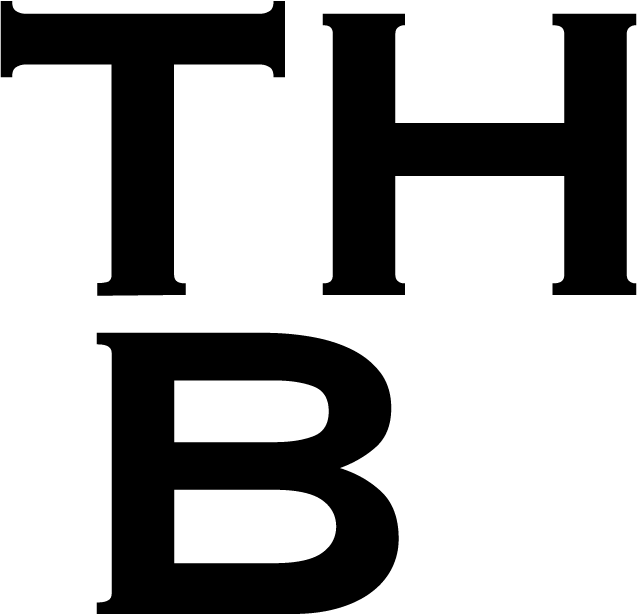
on being a nerd
Although using it myself, I have always had serious doubts about the « think outside the box » expression or idea. Of course, it is visual and somewhat easy to understand. It may even allow to find new solutions to known problems in known surroundings. But, and that is my problem, it applies only to known problems in known surroundings. I can only get outside of a box if I am trapped inside one to begin with. So, one somehow only changes the point of view:
Zooming out from inside a box to a box on a table in a room, in an apartment, on a floor, in a house, on a street, in a neighborhood, in a city, a region, a country, a continent, a planet.
Similar to the zooming out on a drone image, just before the box gets blown up by a small rocket. Or comparable to those cheap amateur travel films on youtube, trying to give the impression of flying from place A to place B by zooming in and out on a three dimensional map.
The first image is blowing up the box in which I started, to which I have a connection, so a pretty bad idea… The second one, although maybe a new and digital (google) earth, still remains an exact copy of our blue planet on which a box is still defined as a box, acting as a box, with the utility of a box. This is the case, whether I am inside or outside of it. So what’s new here?
The masks are coming off
I am starting to be bored by the perpetual mentioning of Covid19 as the bearer of innovation. This pandemic has not brought innovation, but it has acted as a quick zooming device. It has thrown us outside of our well cushioned, shiny and comfortable box.
Now that we no longer need to cover our faces, as stores are opening and traveling is allowed, the masks are literally coming off. Pictures of (ecologically responsible?) long haul flights to far away beaches are finally posted on Instagram again and the makers of (sustainable?) red luxury cars are applauded for their first high end (and fully green?) fashion collection. Just what we needed…
Are we serious? I didn’t think so…
A small but dangerous virus has catapulted us, the gods, preachers and disciples of the out-of-the-box religion, into a world where thinking outside the box is no longer bearing edible and juicy fruits. It may be a sincere and idyllic thought, a changed point of view, but it unfortunately doesn’t change the picture, the box itself.
On being Captain Kirk
I am a nerd and have no problem admitting it. I love to cite Kwai Chang Caine, David Carradine‘s character in Kung Fu, during graduation ceremony speeches: “I seek not to know the answers, but to understand the questions.“ Somehow the foundation of what I am doing on a successful day, when working with Star Trek references to teach strategy workshops. The magic words here are Kobayashi Maru. A computer simulated training exercise in the fictional Star Trek universe designed to test the character of cadets, students with an absolute-no-win (lose-lose) scenario.
The primary goal of the exercise is to rescue a disabled civilian vessel located in a military neutral zone. Any ship entering the zone would therefore cause an interstellar border incident, a war of worlds. The student must decide whether to attempt rescuing the crew—endangering his or her own ship and live—or leave it and it’s crew to certain destruction. If the cadet chooses to attempt rescue, the simulation is designed to guarantee that the cadet’s ship enters a situation that they will have absolutely no chance of winning, escaping, negotiating, or surviving. If the cadet doesn’t, the crew of the vessel horrendously dies of hunger. Basic and systemic lose-lose.
James T. Kirk is the first person able to defeat the simulation. He is taking the test three times and surreptitiously reprogrammes the simulator, before his third attempt, so that it gets possible to rescue Kobayashi Maru, the stranded ship. Despite his “cheating”, Kirk is commended for “original thinking”.
Of course, the Captain is accused of never really having faced the no-win scenario, having reprogrammed the simulation, to which Kirk replies: “I do not believe in a no-win scenario.” Not accepting or believing, he just changed the conditions, the rules of the game. A real gamechanger.
If the pandemic has taught us anything, it is that being creative, or just active, today and especially tomorrow, is not about thinking outside the box, but getting out of it and creating a bespoke sphere; It is about rewriting the rules so they suit you. That’s what contemporary strategy is all about. Redefine the market boundaries then build a business within these new boundaries.
Think business as Kung Fu Star Trek. Understand the questions, then change the rules.
Be Kwai Kirk.
This article is based on our newsletter “thoughts&coffee” published on 18.06.2021.

